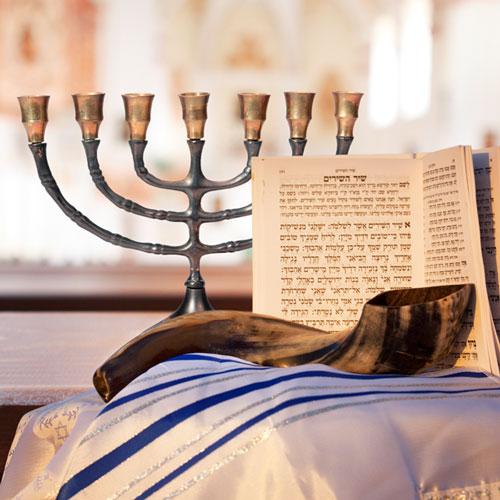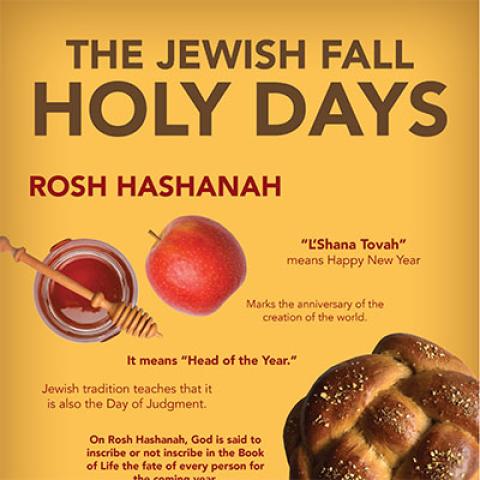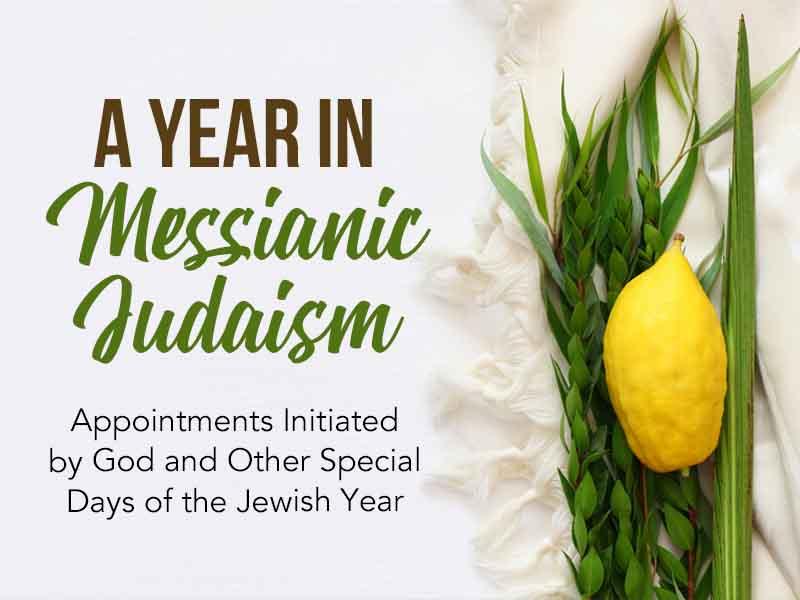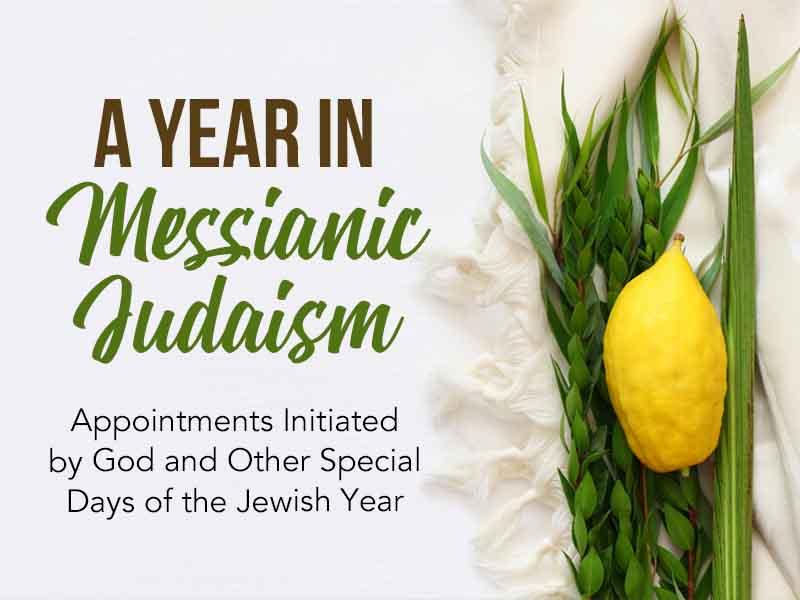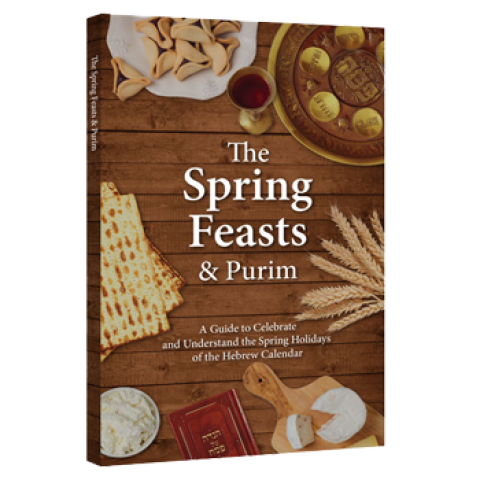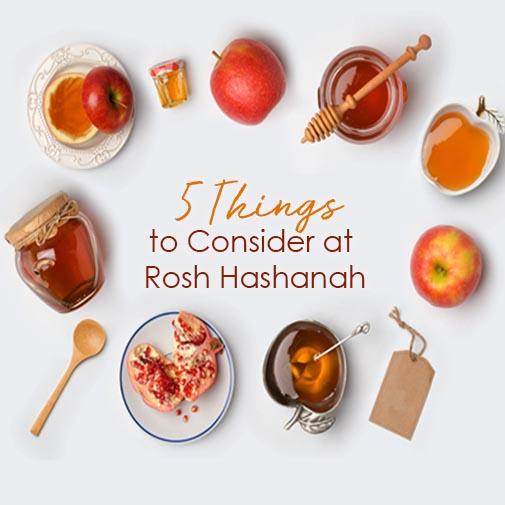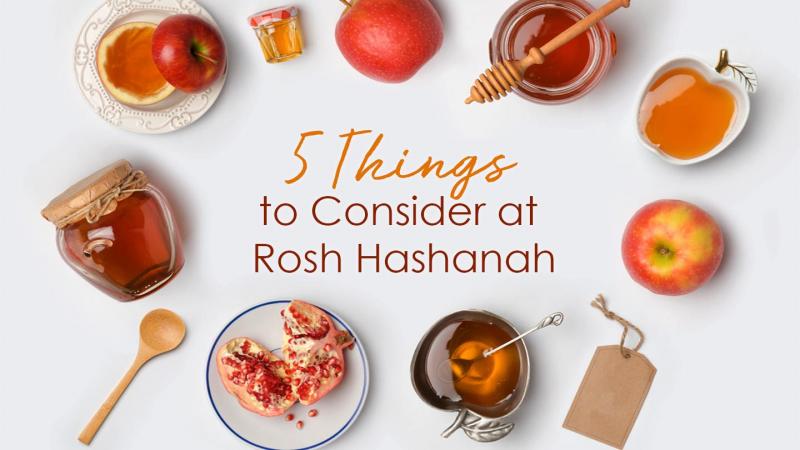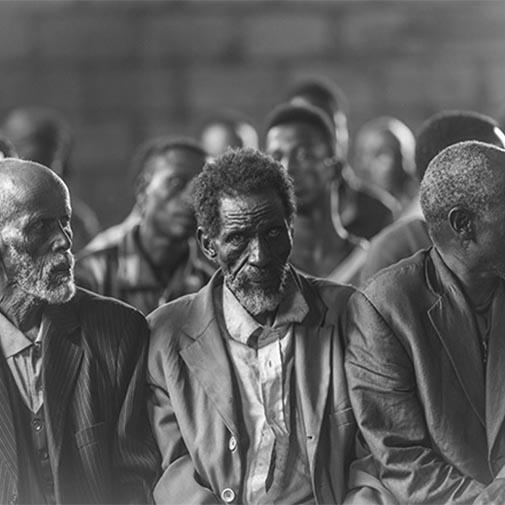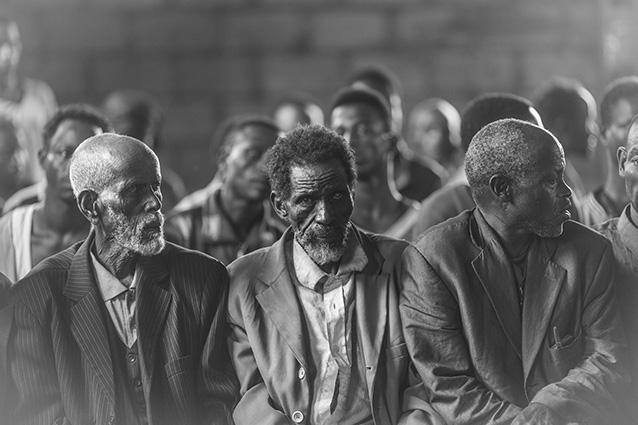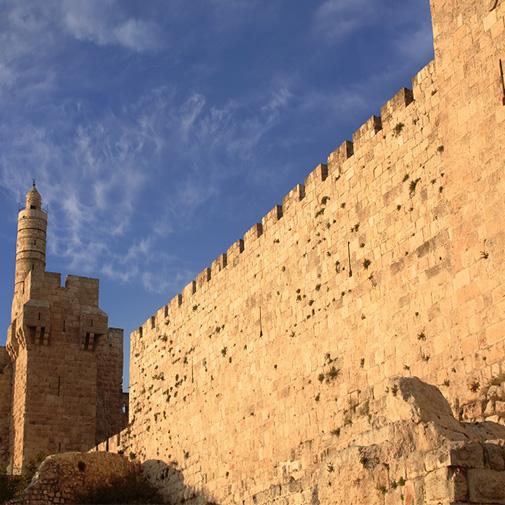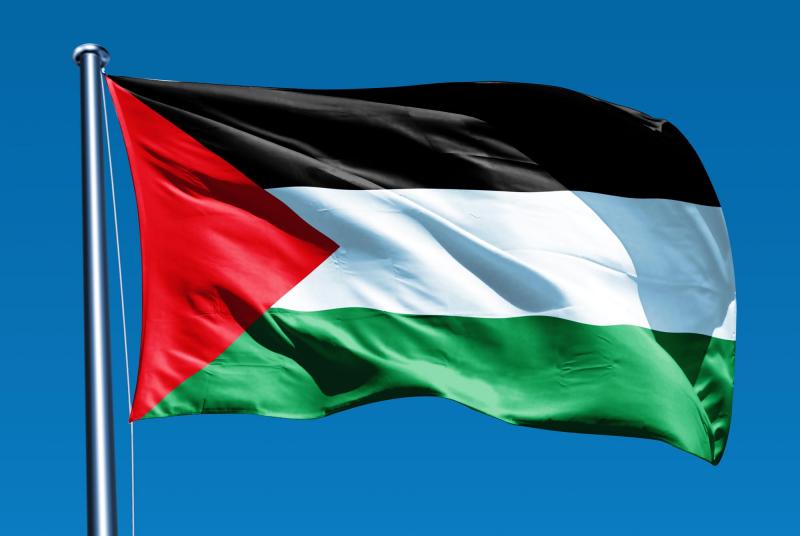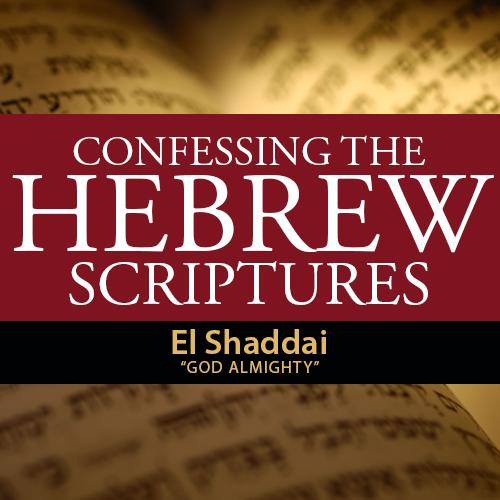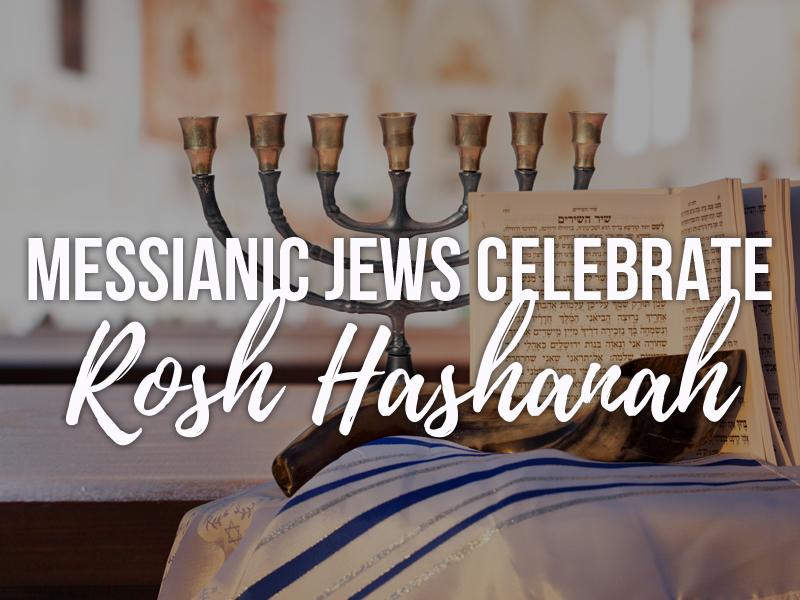
One aspect of any kind of new year is an opportunity to reflect on the previous 12 months and the hopes for the year ahead. But when it comes to Rosh Hashanah (Roshe Hah-SHAH-nah), the Jewish New Year, this is the very meaning and purpose of the holiday.
In Hebrew, Rosh Hashanah means “head of the year.” Jewish tradition teaches that God made the earth on the same date as the biblical Feast of Trumpets, or Yom Teruah (YOM teh-ROO-ah). For this reason, Rosh Hashanah and the Feast of Trumpets are observed together.
Scripture reveals little about Yom Teruah and its meaning. The books of Leviticus and Numbers provide brief instructions requiring a Sabbath rest, a holy assembly, various offerings and blowing the shofar (SHO-far). Jewish people celebrate Creation and the start of a new year in synagogue services that include special liturgy, prayers and blessings along with 100 blasts of the shofar.
Rosh Hashanah occurs on the first day of the Hebrew month of Tishrei (TISH-ree). As Jewish days begin and end at sunset, this year the holiday starts at sundown on September 9 and ends at sunset on September 10. The Jewish calendar counts from Creation, and this Rosh Hashanah, we will enter the year 5779.
On Rosh Hashanah, families gather for special meals and sweet foods to symbolize the hope of a sweet new year. Apples dipped in honey are a traditional treat.
Customary holiday greetings include:
Shanah Tovah Umetukah
(SHAH-nuh TOH-vuh Oo-may-TOUK-ah)
A good and sweet year!
L’shana Tovah!
(Li-SHAH-nuh TOH-vuh)
For a good year!
Get the Small Shofar and Stand
This small shofar is made of a ram’s horn and measures 8” to 12”. Colors, textures, and finish vary in these natural animal horns but all are beautiful and have been tested to be functional before shipping. Includes a beautifully crafted wooden stand to display your shofar.
The Jewish New Year includes a spiritual component not typically associated with New Year holidays of other cultures. Rosh Hashanah ushers in the High Holy Days of the Jewish calendar. The Rabbis teach that at Rosh Hashanah, God pronounces a judgment for the coming year upon each of His people. On the Day of Atonement, called Yom Kippur (YOHM Kip-POUR), He seals that judgment. The 10 days between these holy days are known as the Days of Awe. According to Jewish tradition, during this time, God may yet alter what was to be an unfavorable decree and grant them a good new year. Therefore, Rosh Hashanah begins a time of intense reflection on one’s life and repentance before God in preparation for Yom Kippur.
The High Holy Days are vitally important in the annual cycle of Jewish life, and this contemplation actually starts during the preceding month of Elul. On the first of Elul, Jewish people begin a period of examining themselves before God, and seeking His forgiveness and favor for the following year. Reflection increases as the month advances toward the new year, with the most dedicated reflection taking place during the 10 Days of Awe.
Messianic Jews recognize that God has sealed Believers in Yeshua with the Ruach HaKodesh (ROO-akh Ha-ko-DESH), the Holy Spirit, guaranteeing His favor for eternity (Ephesians 1:13).
They also understand that there is a prophetic element found in Rosh Hashanah and Yom Teruah. The Hebrew word for the Jewish Feasts outlined in Leviticus 23 is moadim (mo-eh-DEEM), which means “appointed times.” God declared these moadim His appointed times and commanded them as essential observances in Jewish life. Each also serves at some level as a picture of the coming Messiah, Yeshua (Jesus).
We see in the Spring Feasts of Passover, First Fruits and the Feast of Weeks prophetic forecasts of occasions that took place with Yeshua’s (Jesus’) first coming: His death, resurrection and the giving of the Holy Spirit.
The Fall Feasts contain foreshadows of future events related to Yeshua’s second coming: the prophesied last trumpet call, His final judgments on the earth, the redemption of Israel as they recognize their Messiah, and the coming Messianic age when all who believe in Yeshua will dwell with the Lord. The Feast of Trumpets is often associated with the initiation of the Messianic Age and the raising of the dead in Messiah.
Time will reveal God’s design as the Last Days unfold. Until then, Yeshua has told us to eagerly anticipate His return and make the most of our remaining time by serving Him (Luke 19:11-26, 21:28). May you serve Him with joy in a sweet new year!
Get the Fall Feasts Infographic
Discover the meaning and wonder of Rosh Hashanah, Yom Kippur, and Sukkot with this specially designed infographic.



